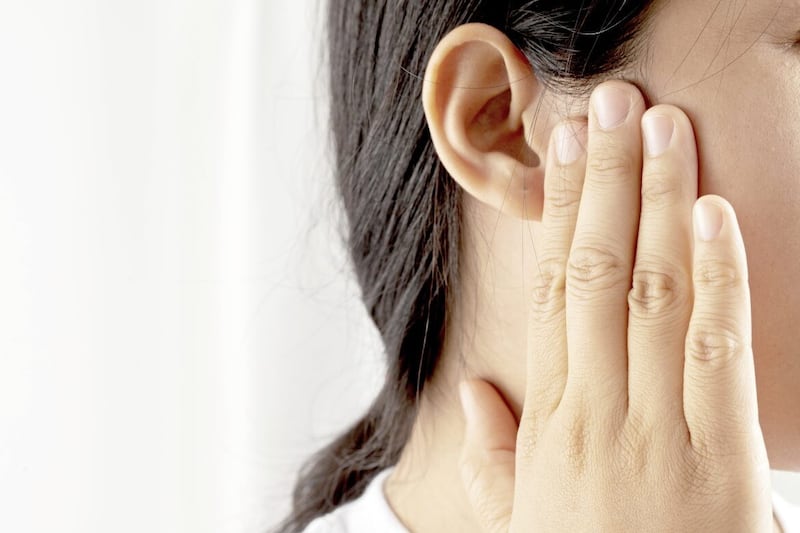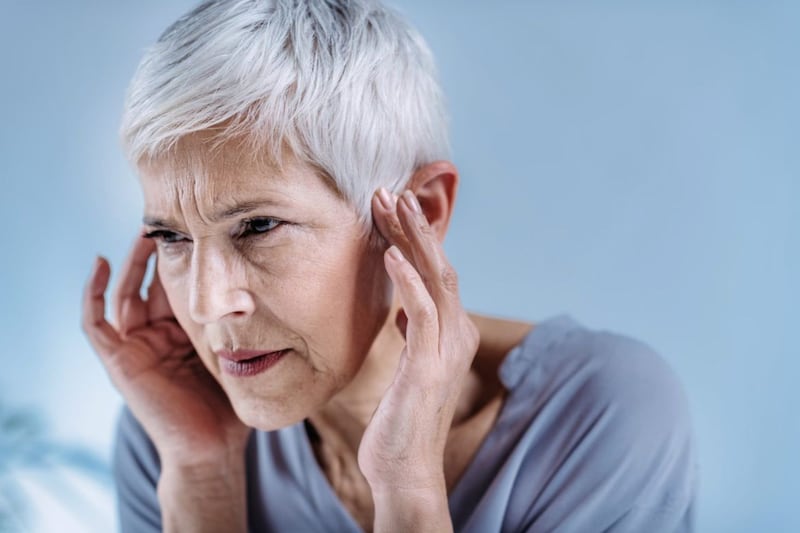A NASAL spray of the ‘love hormone’ oxytocin could banish tinnitus – the ringing or buzzing in the ears that's a recurring problem for many people.
Oxytocin is released by the brain into the bloodstream during social behaviours such as hugging or kissing. Scientists think it could help to treat tinnitus by damping down activity in parts of the brain responsible for producing the constant sound. An initial study found the spray significantly reduced symptoms, and now a second trial is planned.
Many of us suffer temporary tinnitus that lasts just hours, often due to a cold or after a loud concert, which can cause some damage to the cells in the ear. But for around one in 100 people, it becomes a long-term affliction.
When the ears are exposed to loud noise or infections, the tiny hair cells that transmit sounds to the brain become stressed and start to emit excess quantities of a chemical called glutamate.
This over-stimulates nerve cells in the inner ear to the point where they eventually die. These nerve cells usually send sound impulses up to the auditory cortex, the part of the brain which processes noise.
When they die, it leaves nerve cells in the auditory cortex in a permanently switched-on state, where they constantly relay sound to elsewhere in the brain. We then ‘hear’ this inside our heads as ringing or buzzing, even when there is no signal from the ear.
Treatments include meditation to ease stress, as stress can make symptoms worse, or sound therapy, to distract patients’ attention. The nasal spray could be a more effective solution.
In 2017, researchers from the Federal University of Sao Paulo, Brazil, tested the spray on 15 tinnitus sufferers over 10 weeks. The results, published in the journal Frontiers in Neurology, showed a significant decline in symptoms.
Now, in a new trial at New York University, 30 patients will be given either oxytocin nasal spray or a placebo to use four times daily for six months. The results are expected by June next year.
© Solo dmg media








